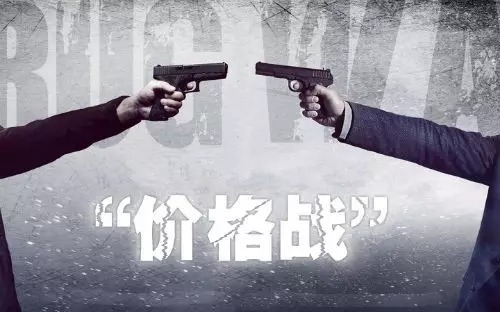
The competition in the tricycle market focuses on dealers. Dealers face end customers directly, and their every move has a far-reaching impact on the future of the brand.
As the tricycle business is becoming more and more difficult to do, the mentality of enterprises and dealers has changed. As dealers, they should get rid of it as soon as possible after purchasing goods without pressing inventory. Over time, they will lose money as soon as they fight a price war. As an enterprise, the lower the cost, the better. As a result, dealers have heard a lot of sales policies from enterprises.
Recently, I visited some merchants and found that the reason why the vehicle brand was defeated by peers was not the competitors, but the enterprises and dealers, which mainly reflected in the following aspects:
The purchased parts must be lower than the peer standards to find a reference for the low price of products.
In order to compete with big brands, small and medium-sized brands like to compare. Once the parts purchased by big brands have established a cooperative relationship with parts enterprises, their parts have also become imitation objects, but the price of imitation products is much lower. The herd mentality of following the best-selling brands is very common in small and medium-sized tricycle enterprises.
Dealers lack self-confidence, lower prices, small profits and quick turnover may not be realized.
Once the products sold by the so-called big brands have the same style, the prices of small and medium-sized brands will be much lower. This "despicable" mentality exists all over the tricycle industry.
Next One: Thoughts on the standard of four wheel low speed electric vehicle
Online message